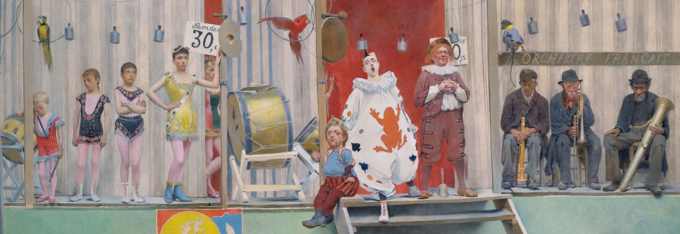The First Decades of Argentinian Radiodrama: Disputes in the Construction of an Acting Identity
Abstract
Radio drama was a phenomenon which revolutionised the cultural field in Argentina’s 1930s. Artists of all sorts converged, expanding the labour field in a context of economic crisis and social unrest. However, during the 1930s and part of the 1940s, radio drama was roundly criticised, thus showing society’s deeply rooted conceptions regarding art, culture, the role of the media and artists. We ask ourselves, then, what happened with the legitimacy and the professionalization of artists in a period of cultural explosion? How did their unions face the radio drama phenomenon? Following theoretical concepts developed by Mauro (2014a, 2014b, 2018a, 2018b), Pellettieri (2002) and Bourdieu (1967, 2000) and analising the discourses that circulated through Argentina’s cultural field of the time, this paper aims to shed light not only on the prejudice and obstacles faced by acting professionals at a turning point in their history as a collective, but also on the projection that some conceptions still have, acting against cultural workers’ self-perception.Downloads

Copyright (c) 2020 telondefondo. Revista de Teoría y Crítica Teatral

This work is licensed under a Creative Commons Attribution-ShareAlike 4.0 International License.
Los autores/as que publiquen en esta revista aceptan las siguientes condiciones:
-
Los autores/as [traductores] conservan los derechos de autor y ceden a la revista el derecho de la primera publicación, con el trabajo registrado con Licencia Creative Commons Atribución-NoComercial-CompartirIgual 4.0 Internacional, que permite a terceros utilizar lo publicado siempre que mencionen la autoría del trabajo y a la primera publicación en esta revista.
-
Los autores/as pueden realizar otros acuerdos contractuales independientes y adicionales para la distribución no exclusiva de la versión del artículo publicado en esta revista (p. ej., incluirlo en un repositorio institucional o publicarlo en un libro) siempre que indiquen claramente que el trabajo se publicó por primera vez en esta revista.
-
Se permite y recomienda a los autores/as a publicar su trabajo en Internet (por ejemplo en páginas institucionales o personales).










